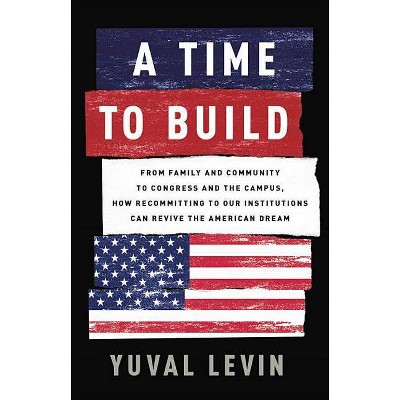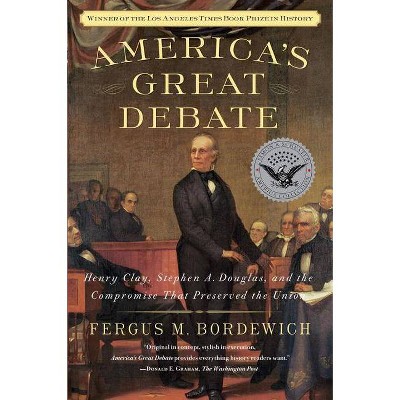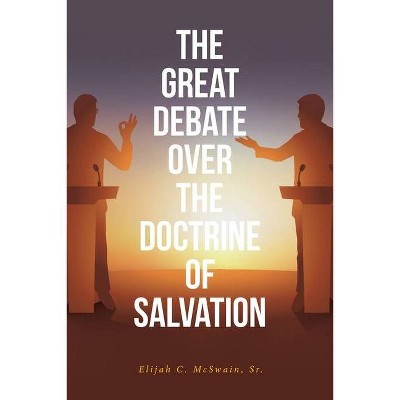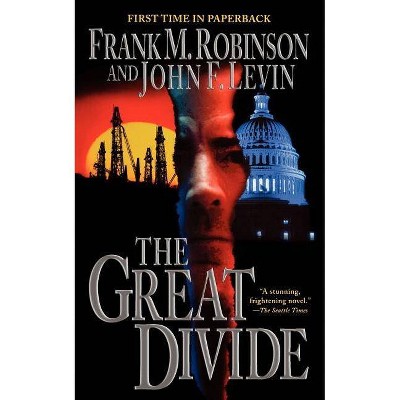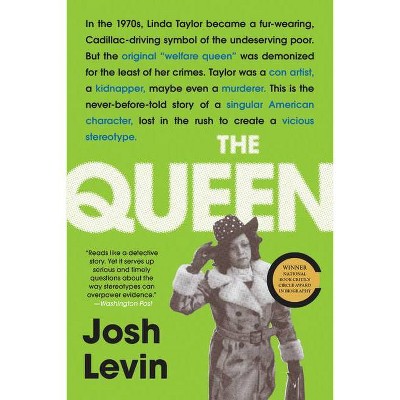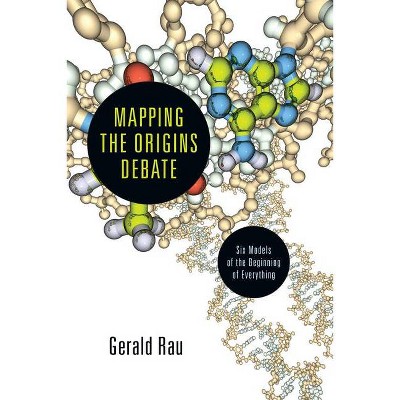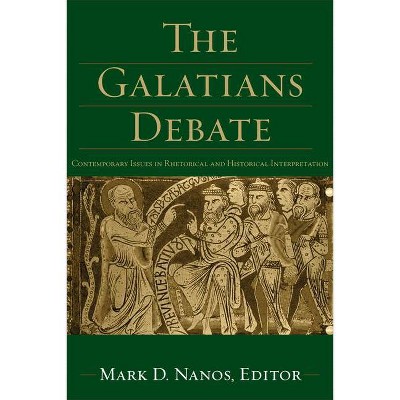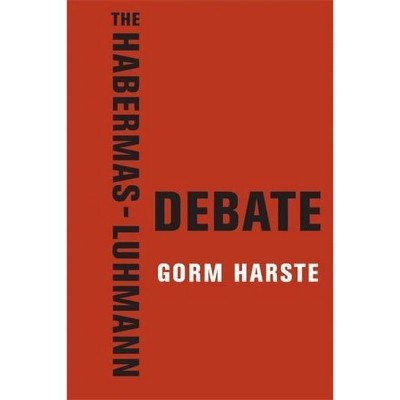The Great Debate - by Yuval Levin (Paperback)
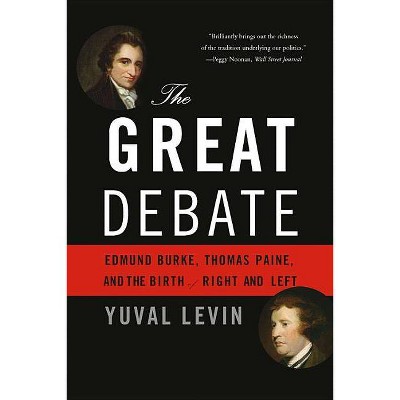
Similar Products
Products of same category from the store
AllProduct info
<p/><br></br><p><b> About the Book </b></p></br></br>"In The Great Debate Yuval Levin explores the origins of the familiar left/right divide in American politics by examining the views of the men who best represent each side of that debate: Edmund Burke and Thomas Paine. In a groundbreaking exploration of the origins of our political order, Levin shows that our political divide did not originate (as many historians argue) in the French Revolution, but rather in the Anglo-American debate about that revolution. Burke and Paine were both utterly fascinating figures--active in politics, versed in philosophy, and two of the best, most effective and powerful political writers and polemicists in the history of the English speaking world. Levin sets the work of these two men against the dramatic history of their era and shows how they mixed theory and practice to advance their very different notions of liberty, equality, nature, history, reason, revolution, and reform. Paine believed in radical change and saw the American and French Revolutions as catalysts for creating a new society; Burke believed in a significantly more gradual approach with each generation acting merely as part of a long chain of history. These differing approaches to revolution and reform created a division that continues to shape our current political discourse--including issues ranging from gun control and abortion to welfare and economic reform"--<p/><br></br><p><b> Book Synopsis </b></p></br></br><b>An acclaimed portrait of Edmund Burke, Thomas Paine, and the origins of modern conservatism and liberalism</b> <p/> In <i>The Great Debate</i>, Yuval Levin explores the roots of the left/right political divide in America by examining the views of the men who best represented each side at its origin: Edmund Burke and Thomas Paine. Striving to forge a new political path in the tumultuous age of the American and French revolutions, these two ideological titans sparred over moral and philosophical questions about the nature of political life and the best approach to social change: radical and swift, or gradual and incremental. The division they articulated continues to shape our political life today. <p/> Essential reading for anyone seeking to understand the basis of our political order and Washington's acrimonious rifts today, <i>The Great Debate</i> offers a profound examination of what conservatism, progressivism, and the debate between them truly amount to.<p/><br></br><p><b> Review Quotes </b></p></br></br><br>[<i>The Great Debate</i>'s] architecture is clever and intellectually persuasive.... A thoughtful introduction to this famous paradigmatic opposition.--<i><b>Washington Post</b></i><br><br>[A] wonderful book.--<i><b>Los Angeles Times</b></i><br><br>In a Burkean manner, Mr. Levin enriches through wisdom rather than prescription. He gives us something more than a manual of past lessons--namely, the historical framework to achieve greater understanding.--<i><b>Wall Street Journal</b></i><br><br>In this lively and probing book, Levin, one of the most influential conservative writers in the United States, looks at the ideas of Edmund Burke and Thomas Paine, towering figures in the late-eighteenth-century transatlantic Enlightenment...The Great Debate won't settle any of the political disputes roiling U.S. politics today, but those who read it carefully will find it easier to understand their opponents--and perhaps even to find some common ground.--<i><b>Foreign Affairs</b></i><br><br>Levin enters into another great debate that riles academia: between historians insisting upon the uniqueness and specificity of events, which defy abstractions and generalizations, and philosophers impatient with the ephemera and contingency of events, which do not rise to the level of truth and certainty. Here too he rises to the occasion, satisfying the scruples of historians and philosophers alike. From a debate raged about an event centuries ago, he deduces truths that illuminate some of our most vexing political and social problems today.--<b>Gertrude Himmelfarb</b>, <i><b>Weekly Standard</b></i><br><br>The definitive intellectual history of an argument so powerful that it echoes to the present day.--<i><b>National Review Online</b></i><br><br>The Great Debate is a masterful and loving piece of work, the kind of solo performance that commands mute attention and makes even a crinkled cough-drop wrapper sound like an errant clang of the gong. It does more than announce Levin's arrival; it is, in itself, a refutation--this time with an inerrant clang--of the factitious notion that intellectual conservatism is a bygone thing.--<i><b>Commentary </b></i><br><br>Yuval Levin, whose sharp thinking was honed at the University of Chicago s Committee on Social Thought...is one of conservatism s most sophisticated and measured explicators.--<b>George F. Will</b>, <i><b>Washington Post</b></i><br><p/><br></br><p><b> About the Author </b></p></br></br><b>Yuval Levin</b> is director of social, cultural, and constitutional studies at the American Enterprise Institute and the editor of <i>National Affairs</i>. A former member of the White House domestic policy staff under George W. Bush, he has written for the <i>New York Times, Washington Post</i>, and <i>Wall Street Journal</i>, among many other publications. His previous books include <i>The Fractured Republic</i> and <i>The Great Debate</i>. He lives in Maryland.
Price History
Price Archive shows prices from various stores, lets you see history and find the cheapest. There is no actual sale on the website. For all support, inquiry and suggestion messagescommunication@pricearchive.us
